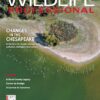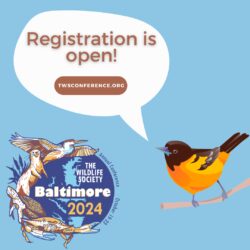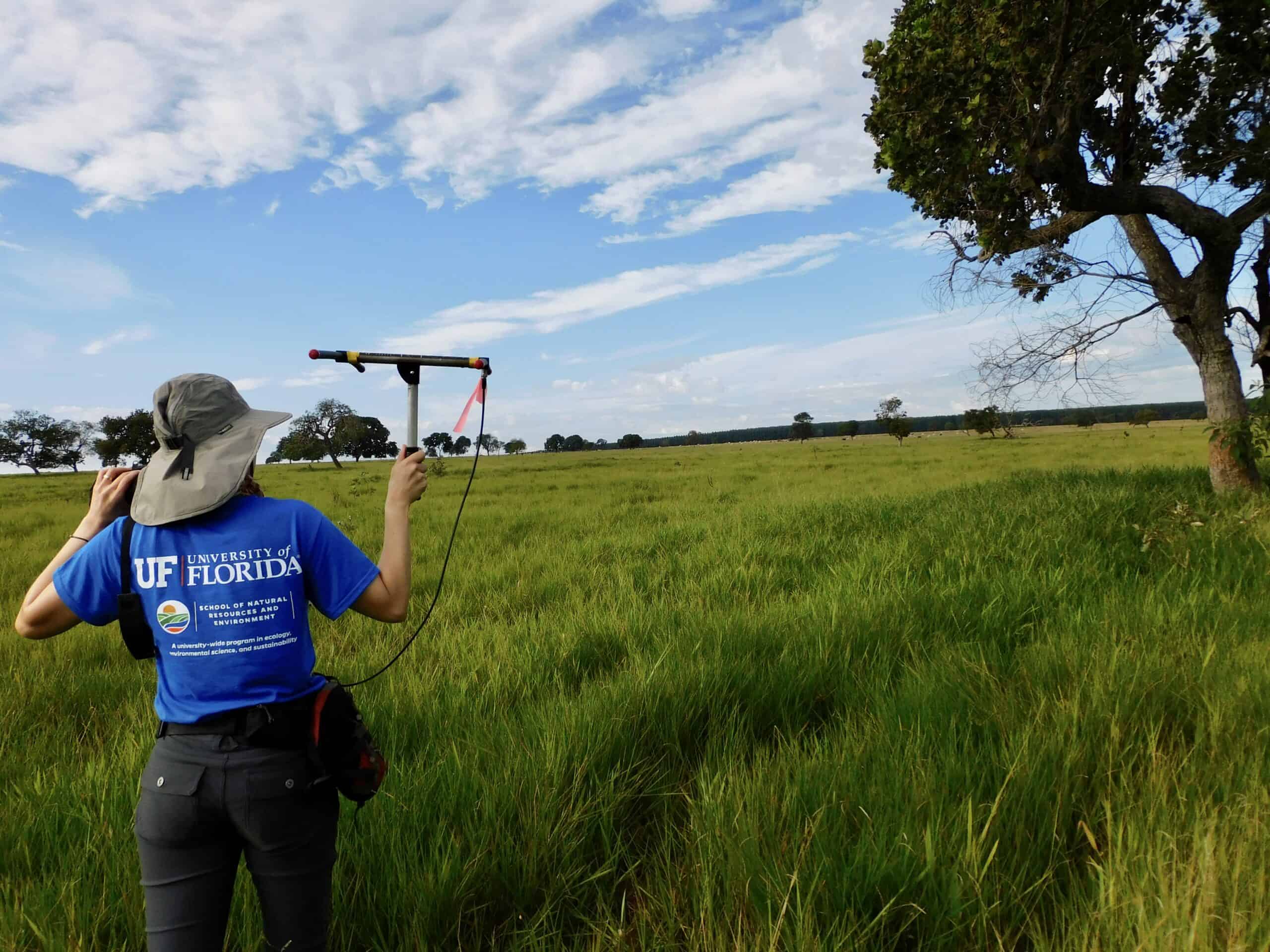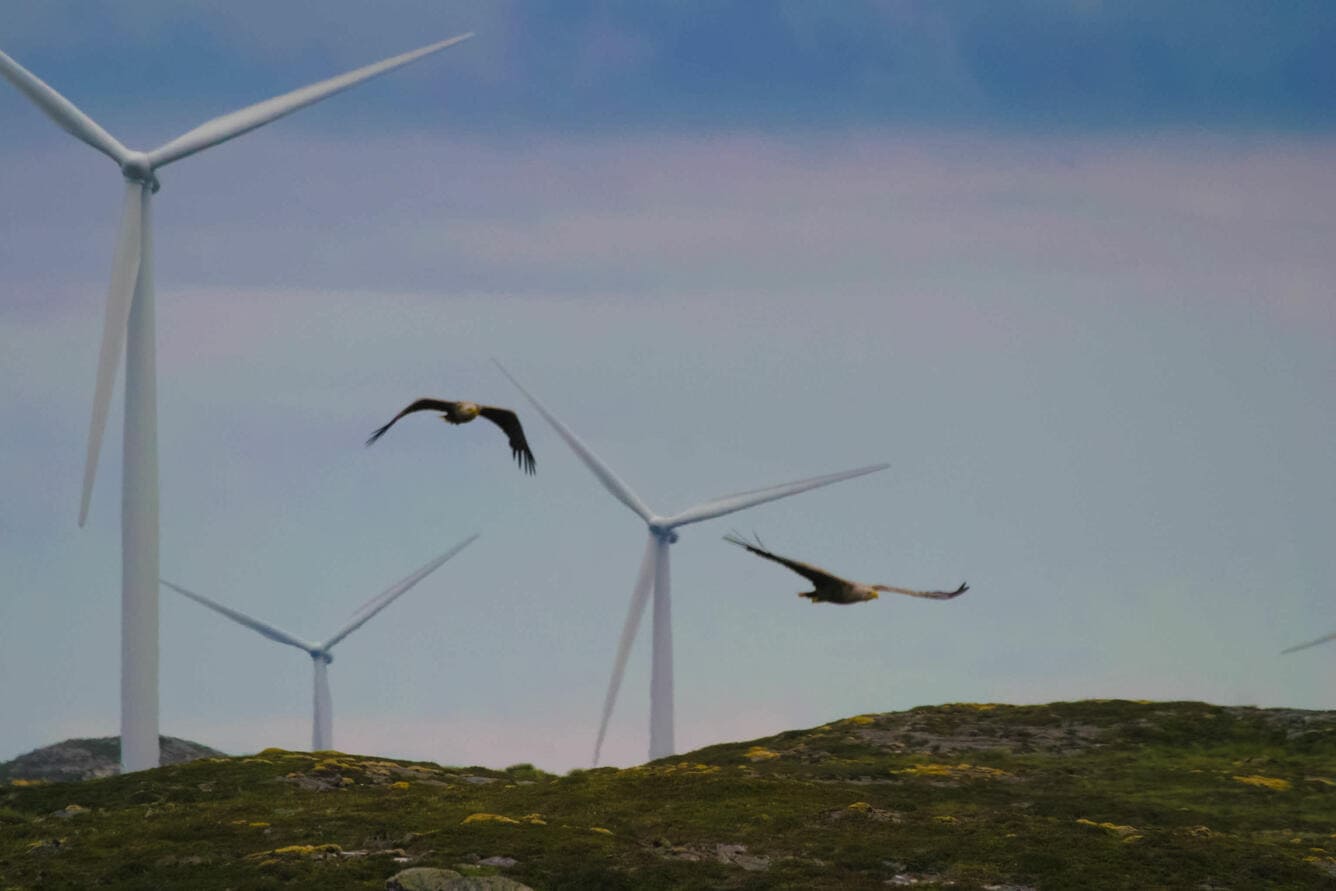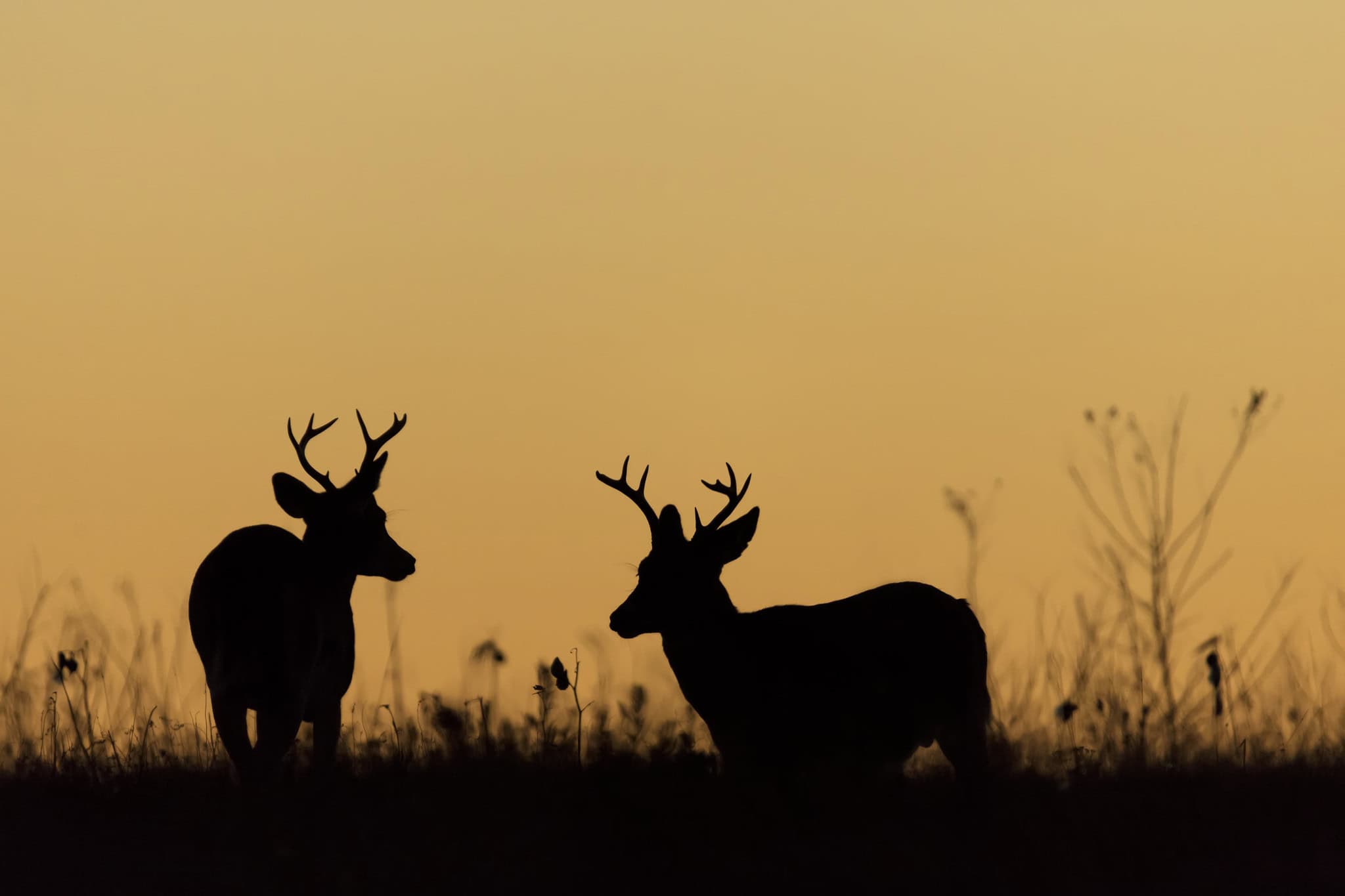Share this article
TWS conference event shares the stories behind the science
For scientists trained to be objective, it can be a challenge to inject their own opinions about their research. It can be even harder to think about their feelings about their work, and harder still to think about how their research affected them.
But those perspectives can make the best stories, and sharing these stories can help make science accessible to non-scientists. It can also show the diversity of scientists and encourage other diverse scientists to join the field.
“A lot of scientists make themselves out to be impartial beings, but none of us is impartial, and a lot of what we do is driven by our politics and our value systems,” said Emily Williams, a PhD student at Georgetown University and board member of TWS’ Inclusion, Diversity, Equity and Awareness Working Group.
That may not make it into researchers’ published papers, but it can be fodder for a great tale around the campfire.
The IDEA Working Group is providing a forum for these kinds of stories at TWS’ Annual Conference next month in Spokane, Washington. The storytelling event is the closing event of the conference. It will take place Thursday, Nov. 10, from 7 p.m. to 9 p.m.
The event is a follow-up to a workshop the working group hosted in August, which brought wildlifers together to consider how to shape their experiences into stories that could be meaningful to others. Participants worked with The Story Collider, a nonprofit committed to exploring science through the art of personal storytelling. Wildlifers from across the continent came together for the virtual workshop to delve into their experiences as scientists and how their lives have been changed by their work.
“I did this workshop as well,” Williams said, “and I’ve done their workshops in the past. I’ve always come away with, ‘I have to be so introspective!’ Which is a good thing to be—to think about your actions and what you have learned over time. But it can be quite emotional and hard to do.”
Some of those stories were intense—one woman grappling with divorce found her calling studying ungulates in the wild. Others, like a biologist who ended up performing CPR on a squirrel, can be lighthearted. The hope is that sharing these stories can make science more relatable to the public.
“That’s a major problem with scientists, today and in the past. We’re potentially really good at the things that we study, but we’re not really good at communicating that to wide audiences,” Williams said. “Storytelling, in that respect, is a really great avenue for people to share their experiences with science. There’s really no other medium for that. I think the grand goal is for people to become better communicators.”
There’s another grand goal, too, though, that the IDEA Working Group is focused on. Members hope that sharing the often untold stories of diverse wildlifers may increase diversity in the ranks.
“Why is it we’re attracting a lot of white members rather than a more diverse membership? Some of that has to do with the stories that don’t get heard,” Williams said. “A lot of the stories of people who have faced adversity in some way or another felt like they didn’t belong or felt like they were kept out of an environment. People who don’t think those stories exist need to listen to them. In a lot of ways, storytelling provides a platform for people who come from those backgrounds and experiences to tell their stories.”

